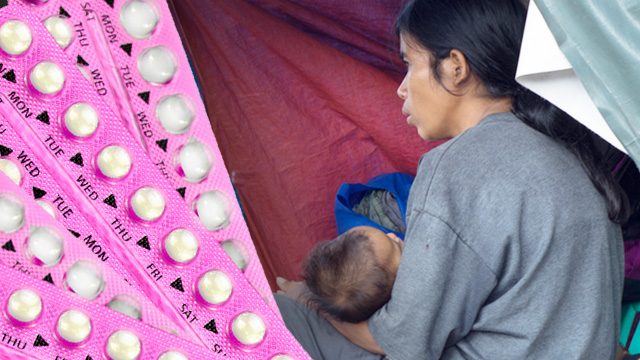SUMMARY
This is AI generated summarization, which may have errors. For context, always refer to the full article.

MANILA, Philippines – Inequalities in sexual and reproductive health correlate with economic inequality, and the cost of these inequalities could undermine the world’s development goals, a recent United Nations Population Fund (UNFPA) report said.
“Achieving the Sustainable Development Goals by 2030 may be out of reach without a renewed focus on the poorest in all populations, and those for whom gender discrimination is harshest, educational attainment is most out of reach, and sexual and reproductive health and rights are anything but universal,” the State of World Population 2017 report said.
According to UNFPA Executive Director Natalia Kanem, countries that want to tackle economic inequality “can start by tackling other inequalities, such as in reproductive health and rights.”
The 136-page report entitled “Worlds Apart: Reproductive health and rights in an age of inequality” gave an update on the status of and trends in unequal access to sexual and reproductive health services globally.
Access to family planning services, the UN said, is a “foundational element” of both reproductive health and social and economic equality, since unintended pregnancy “constrains opportunities” for women.
But the same report noted that regardless of a country’s income grouping, the richest 20% of the population in that country on average has the most access to modern methods of contraception, while the poorest 20% has the least access.
In addition, women in urban areas are more able to meet their demand for modern contraception as compared to women in rural areas.
In majority of developing countries, meanwhile, contraceptive prevalence is lower among women who are poorer, less educated, and in rural areas.
The UN report noted that the greatest wealth-based inequalities in terms of satisfying the demand for family planning are in West and Central Africa.
“In 13 of 20 West and Central African countries, women from the richest 20% of households are more than twice as likely to have their demand for contraception satisfied as women from the poorest 20% of households,” the report said.
Wealth-based inequalities are less evident in Asia and the Pacific, Eastern Europe and Central Asia, and Latin America and the Caribbean.
The report also noted that the poorest women have the least access to antenatal care and are the most likely to give birth on their own.
Reducing inequalities
Citing the Guttmacher Institute, the UNFPA said there are 89 million unintended pregnancies, 48 million abortions, 10 million miscarriages, and 1 million stillbirths each year in developing countries.
UNFPA Representative in the Philippines Klaus Beck said that in the Philippines, unmet need for family planning among the poorest 20% of the population is 4% higher than the unmet need among the richest 20%.
Limited access to sexual and reproductive health services as well as negative health outcomes correlate strongly with poverty, according to the report.
“The ways in which inequalities in women’s health and rights intersect with economic inequality are complex and often not linear, [but] the impact is clear. The poorest women have the least access to sexual and reproductive health, are least able to exercise their reproductive rights, and are most likely to be unemployed or underemployed and earn less than men,” it also said.
The report concluded by saying that some of the most powerful contributions in terms of reducing all inequalities can come from realizing gender equality and women’s reproductive rights.
“Reducing all inequalities needs to be the aim. Starting points may vary, but should be grounded in the notion that meaningful progress in one dimension can unleash multiple gains,” it added. – Rappler.com
Add a comment
How does this make you feel?





There are no comments yet. Add your comment to start the conversation.